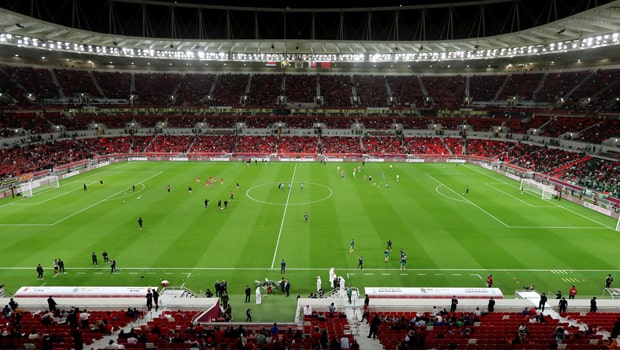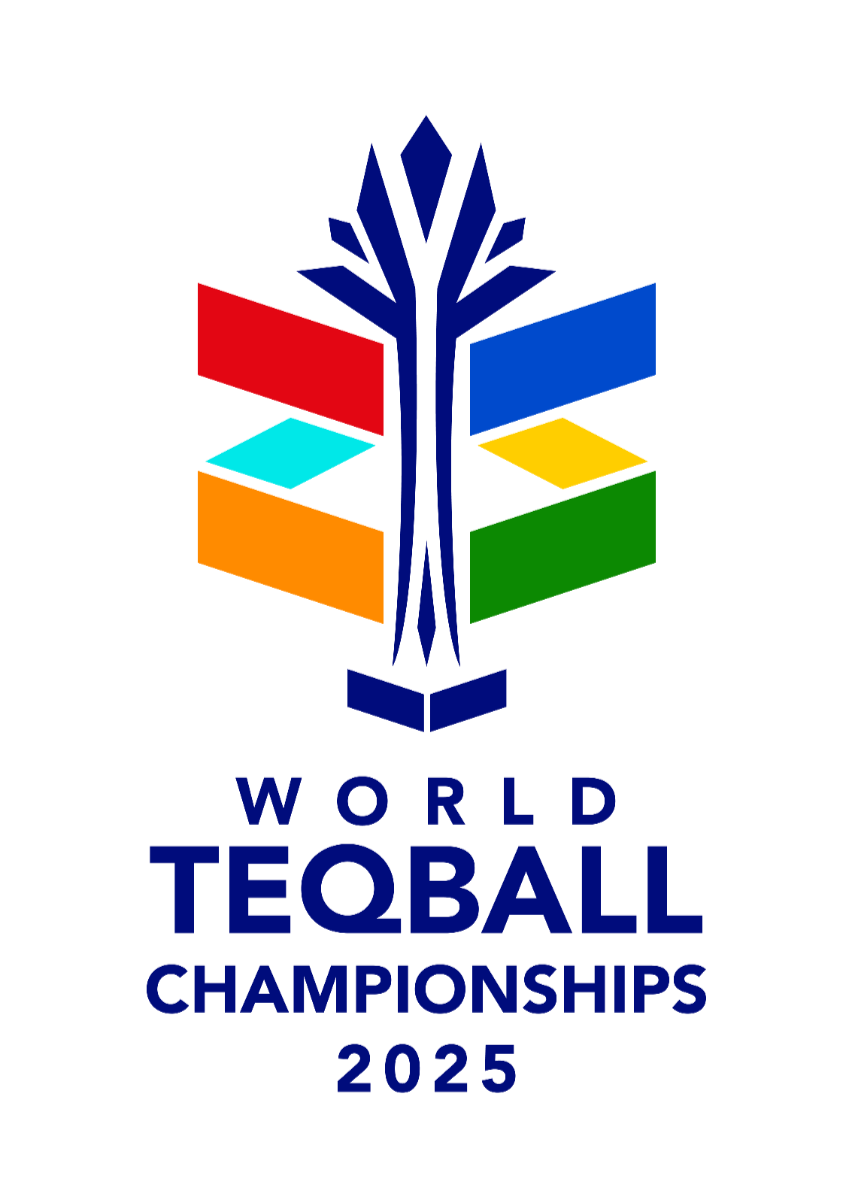The World Cup has always been football’s crown jewel—a global celebration of talent, drama, and passion. But now, a bold new proposal has the footballing world divided. With the 2026 edition already expanding to 48 teams, talk of inflating the 2030 tournament to a staggering 64 participants has sparked serious pushback.
As exciting as inclusivity might sound on paper, this latest idea could threaten the very soul of the tournament.
FIFA’s decision to expand the 2026 World Cup to 48 teams raised plenty of eyebrows, especially considering how tightly packed a typical World Cup calendar already is. That change will already push the number of matches from the traditional 64 to a hefty 104. But now, South American football authorities, led by CONMEBOL president Alejandro Dominguez, are pushing to go even further—expanding the 2030 World Cup to 64 teams and potentially 128 matches.
His reasoning? To make the tournament a “truly global party” where no nation feels left out.
Sounds noble, right? Except it’s a logistical mess waiting to happen. For context, the 2030 edition is already being hosted across six nations on three different continents: Spain, Portugal, Morocco, Uruguay, Argentina, and Paraguay. That’s a lot of air miles before even considering 16 additional teams and 24 extra matches. The idea of players, staff, media, and fans crisscrossing the globe for a tournament already criticized for its climate impact only adds fuel to the fire—literally.
Critics aren’t staying silent. UEFA president Aleksander Ceferin openly called the proposal “a bad idea,” while environmental advocates have labeled it “dangerous” for the planet. Their frustration is understandable. At some point, the romanticism of a world-spanning tournament must face the hard reality of logistical and ecological strain.
On a more practical level, football fans know what makes the World Cup special: quality over quantity. The beauty of the tournament lies in its high stakes and tight margins. Stretching the competition to 64 teams may water down the quality of the group stages and disrupt the natural rhythm of the knockout rounds.
More teams don’t always mean more excitement—it can lead to uneven matchups, more dead rubber games, and a tournament that feels bloated instead of electric. Football is about drama, not dilution.
There’s also a concern for the players. A longer tournament and increased match count will pile even more pressure on elite athletes already enduring jam-packed domestic and continental schedules. FIFA president Gianni Infantino’s expansionist era may be aiming for record-breaking engagement, but it risks pushing the sport’s key stakeholders—its players—to the brink.
And what about fans? The idea of following a tournament spread across multiple continents is thrilling in theory but exhausting in practice. Traveling fans, especially those without deep pockets, will struggle to keep up with a globalized and supersized tournament. It risks becoming an exclusive experience rather than an inclusive one.
In short, the more FIFA tries to make the World Cup “for everyone,” the more it seems like it’s becoming a commercial product rather than a celebration of footballing excellence.


























